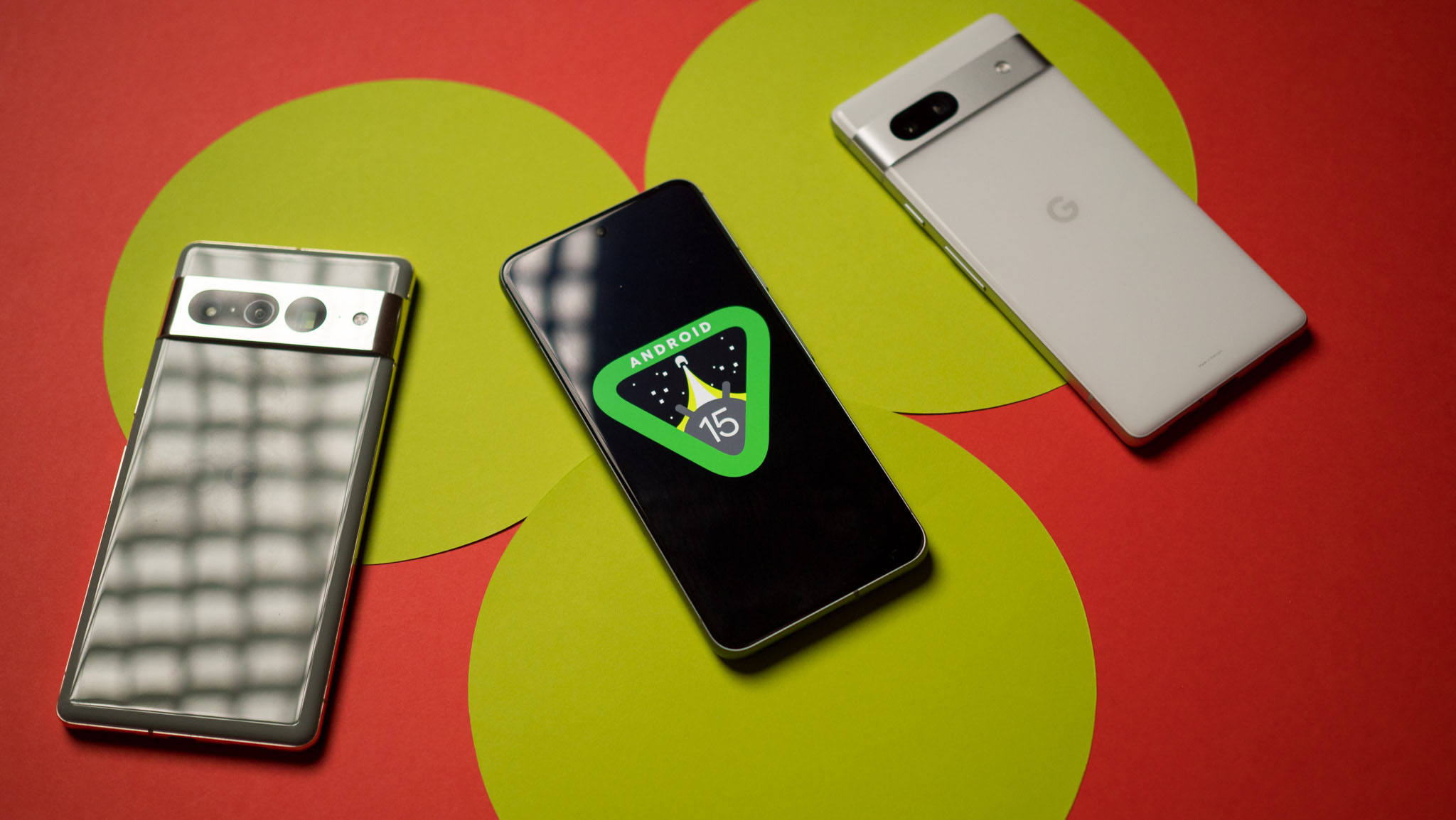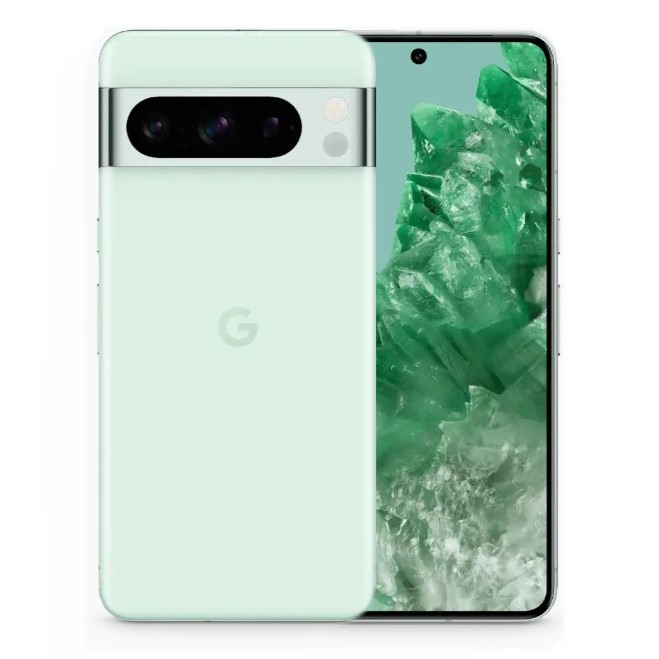What you need to know
- Google promised to support the Pixel 8 series for seven years of full OS upgrades, which was the most of any smartphone at the time.
- However, it drew criticism for already limiting which features made it to weaker devices (though Google has reversed course).
- Now, Google’s vice president of devices and services shed light on the promise of the upgrade in the company’s Made by Google podcast.
Google’s decision to support the Pixel 8 series with seven years of full OS upgrades has drawn both praise and criticism. Some have applauded Google for committing to a long-term level of support that will hopefully keep Pixel phones running for longer. However, others were skeptical, wondering what the Pixel 8 or Pixel 8 Pro would even look like in 2030.
We finally have an answer, as Google’s vice president of devices and services, Seang Chau, talked about the promise on the latest episode of the Made by Google podcast.
According to Chau, Google’s move to use custom Tensor processors in newer smartphones has partly given it better software support. It started with an initial increase in support from three to five years, and now from five to seven.
“Once we’ve got a few more years of Tensor under our belt, and we’re really able to figure out how best to do those updates,” Chau said, “…we’re leaning toward saying that we can go to those seven years and be able to deliver to our customers that extended time.”
The choice to offer a seven-year pledge was no accident either. Google looked at how long the original Pixel remained in use and found that there was still a significant number of active users up to about seven years after its initial release. This was the basis for Google’s decision on seven-year support. “So if we think about it, okay, we want to be able to support the Pixel as long as people are using the device, then seven years is about the right number,” Chau said.

The chipset is one of the most complex factors in supporting older devices with new software, according to Chau. However, other reasons Google thinks it can deliver on such a long-standing promise are its ongoing lab and beta testing thanks to Android’s new Quarterly Platform Releases (QPR).
“Now that we have these beta programs year-round, we have a lot more confidence that we’re going to have a reliable update for users on a quarterly basis because we have a lot of beta testers,” Chau said.
Finally, Chau discussed how Google will determine which features are supported on legacy hardware. This has been a hot topic lately since the company initially denied the Gemini Nano from running on the Pixel 8 on the device. It later reversed course and plans to introduce the Gemini Nano to the Pixel 8 after further testing.
The uncertainty was related to the Pixel 8’s limited amount of RAM, which is why Chau says the Pixel’s feature additions over the years will be rooted in software. Ideally, new features won’t require new hardware to run later.
Google’s public comments about the Pixel’s new seven-year update promise give us some insight into the reasoning behind it. However, only time will tell what these Pixel phones will look like in 2030.

The king of Android
Not only does the Google Pixel 8 Pro come with some of the best AI features on a device, but Google promises to support the phone for seven years, meaning you’ll likely keep getting new features and improvements until 2030.